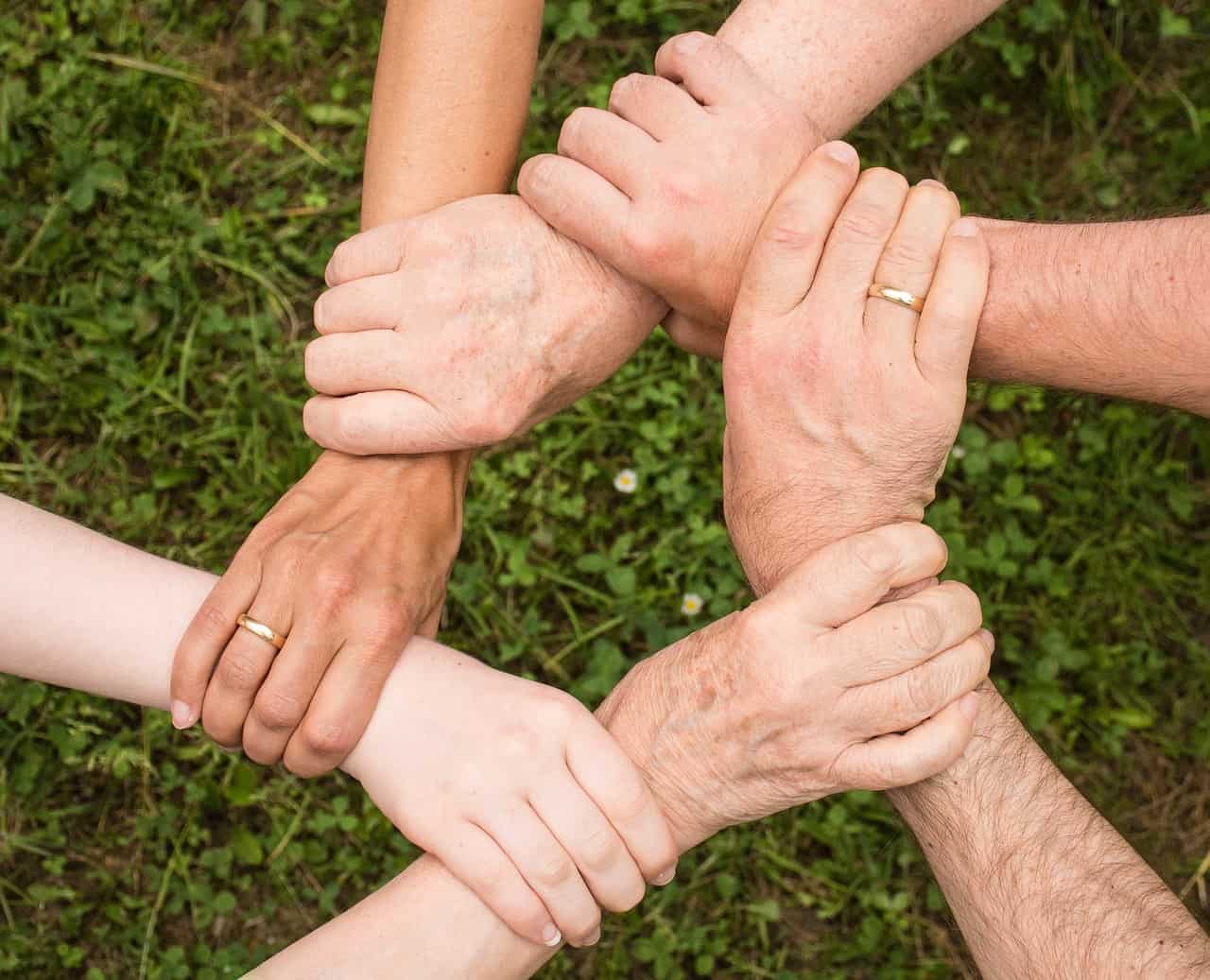
How Bereavement Support Can Help Even if You Think You Don’t Need It
The last thing you may want to do after experiencing the loss of a loved one is to reach out for support. You may think you’re doing just fine after the initial shock, but in reality, you’ve never needed support more. Bereavement support resources in San Mateo and elsewhere can be valuable when trying to heal after loss, even if you are insistent you don’t need them. Some people do well with support groups for that social connection, while others prefer the one-on-one approach of grief counseling.
The important thing is to recognize that you need help, even if you don’t think so, and then get that help.
Connect With Others
Especially right after a loss, all you may feel like doing is staying in your bubble and protecting yourself from the world. But try to maintain your social connections so that you don’t spiral into loneliness and despair. Accept offers of coffee with a friend, grab a beer with a buddy, take a yoga class with other moms, and go out to dinner with a college friend. Resist the urge to decline all social offers. Instead, let these distractions get you out of the house, breathe some fresh air, and put aside your worries for a while. Peer support is critical in the healing process.
Practice Self-Care
You may be so busy trying to help your kids or other family members cope with a loss that you completely forget about taking care of yourself. Make a conscious effort to keep your physical and emotional health in check. You can ensure your well-being by:
- Eating well: Make sure you’re eating healthy meals each day to keep up your energy.
- Getting exercise: Take a walk, go for a jog, or even work in the garden — all these activities will keep your heart rate and strength up. Strive for some level of exercise every day.
- Avoiding drugs and alcohol: It’s too easy to turn to alcohol and drugs to numb the pain. But this can quickly spiral out of control into dependence on these substances, leading to an even worse problem. Alcohol and drugs can extend the healing process and make it more difficult in the long run to manage your feelings, says Mind.
- Getting enough sleep: Keep your bedroom calm and relaxed, take a warm bubble bath before bed, avoid screen time, read a book, and make sure your room is free from distractions. According to the Sleep Foundation, sleep is closely connected to emotional and mental health and can be linked to depression, anxiety, and bipolar disorder.
Talk to a Grief Counselor
You may wonder: how can talking to a stranger help me cope? Even if you’re hesitant to speak to a counselor, consider that grief counselors are specifically trained in helping people heal from loss. They can help you to become more aware of your thoughts and feelings following loss, and then help you address them — all with no judgment. This continuous focused source of support goes beyond the level of support that your friends or family can provide. A grief counselor can help you:
- Understand the grieving process
- Identify and express your feelings relating to the loss
- Explore ways of coping
- Move towards acceptance
- Cope with birthdays and anniversaries of the loss
Recognize Family Changes
Even if you assume you’re just fine, there’s no ignoring the fact that the family dynamics after a loss will change. Also, while you may be “coping” with the loss well, there may be others in your family, such as kids or siblings, who are not. They will need extra love and support to get through the days ahead.
When loved ones die, this affects all family members, with each family unit finding its own ways to cope with death, says the American Cancer Society. Indeed, it takes time for bereaved families to regain their balance. This is why each family member should connect with the others so they can grieve and cope together. Everyone reacts to loss differently and has different needs, which means family members must be open and honest with each other without hiding their emotions and protecting one another.
Family roles change with the loss of one person in the family. All family members must talk about the changes and their effects to work out responsibilities. This stressful time requires everyone to be even more gentle and patient with each other, whether you think you need help or not.
Contact Pathways Home Health and Hospice
We provide a variety of bereavement support services to help family members cope with loss. We can connect you with local support groups specific to your type of loss, and we also have trained grief counselors on hand for one-on-one sessions. Please contact us today at 888-978-1306 to learn more. We would be happy to discuss each of our offerings further to see what would be the best fit.

